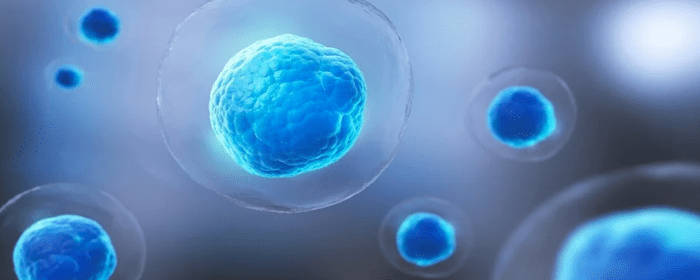Biomedical applications of mesenchymal stem cells (MSCs) in the field of regenerative medicine continue to evolve. Coupled with the rapid development of molecular biology and transplantation techniques, MSC applications have become a central focus of research surrounding regenerative medicine.
Since being discovered nearly 50 years ago, the understanding of various techniques for MSC extractions and the subsequent potential for differentiation has continued to advance.
This review, presented by Han et al., provides a brief overview of MSC extraction methods and their subsequent potential for differentiation and summarizes the future applications and challenges of various MSCs in the field of regenerative medicine.
It has now been well established that MSCs can be isolated from various tissues, including bone marrow, adipose, synovium, and human umbilical cord blood. The general process for MSC extraction involves the isolation of various tissues, digestion to obtain cells, culturing for three to five days, and continuous culturing of adherent cells to the desired passage.
Interestingly, the authors point out that rabbits are the most frequently used animal models for experiments involving cartilage or bone tissue regeneration. Considering this, the authors call for the surface markers of rabbit tissue-derived MSC to receive increased focus and further verification.
Han et al. also discuss the differentiation potentials of MSC types, highlighting that bone marrow-derived MSCs display superior capabilities for differentiation into osteogenesis and chondrogenesis under standard differentiation protocols. They also point out that umbilical cord blood-derived MSCs (UCB-MSCs) demonstrate biological advantages relative to other adult sources, including their capability for longer culture times, larger-scale expansion, and higher anti-inflammatory effects. Considering that differentiation conditions vary based on the type of MSC, the authors highlight that it is becoming increasingly necessary to choose the desired MSC type according to the specific purpose being sought.
MSC-based regenerative medicine has been widely studied and applied to many aspects of the field. This review summarizes several reports concerning the latest preclinical and clinical trials of various MSC types for tissue engineering, most notably the reconstruction of fragile tissue associated with the musculoskeletal system, nervous system, myocardium, liver, cornea, trachea, and skin.
In order to improve the therapeutic effectiveness of MSCs, while also reducing the potential identified risks, the authors suggest reducing excessive cytokines, further exploring the immunomodulatory effects of MSCs, and establishing strict preclinical biosafety testing rules. Additionally, longer and larger controlled clinical trials are required to further determine the safety of MSCs.
While there have been tremendous advances in the field of regenerative medicine, especially as they relate to MSCs, Han et al. share a number of challenges that have to be overcome before the clinical application of MSC therapy, with the primary challenge being the implementation of a standardized method of isolation and culturing for MSCs.
The authors conclude this review by summarizing three distinct properties of MSCs that make them an optimal source of tissue regeneration: their immunoregulatory capacity, paracrine or autocrine functions that generate growth factors, and their ability to differentiate into target cells.
Source: “Mesenchymal Stem Cells for Regenerative Medicine – PMC – NCBI.” 13 Aug. 2019, https://www.ncbi.nlm.nih.gov/pmc/articles/PMC6721852/.


 St. Petersburg, Florida
St. Petersburg, Florida
